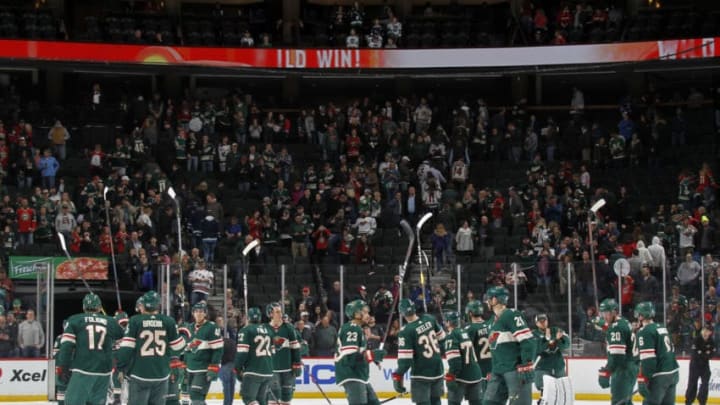Welcome back Wild Nation! Sorry for the gap between part 1 and part 2 of my rankings of who the Minnesota Wild should sign during the summer, College Finals have a way of demanding large amounts of your time and energy. If you are joining this process late, check out this post here to learn about the rubric and interesting free agents who likely won’t be targeted by the Wild, but are worth mentioning. And if you missed part 1, read it here.
Interestingly enough, between the two weeks of part 1 and part 2 of this series, The Athletic released an article where they address the needs of every team, division by division, and project who they should pick up to solve their issues. Curiously, Joonas Donskoi and Gustav Nyquist were both listed as potential free agent targets for the Wild. The rest of that list is fairly interesting too. I guess my process is fairly credible.
The three players ranked in this part are all in the prime age range for their careers, average at or above .5/Point Per Game, and played over 85% of games last season. They also all have some level of postseason success with one Stanley Cup and 91 playoff games between the three players. Any of these three players would be welcome additions to the Wild, but last season’s implosion with the uncertainty of availability within the current roster may scare some of these players away.
